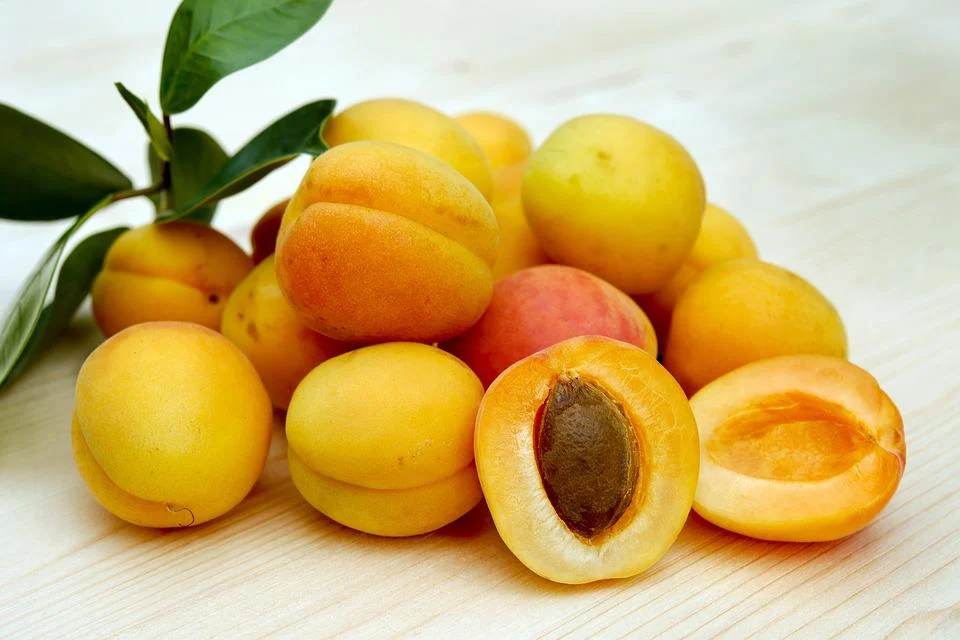Whether you eat them dried or fresh, apricots are a nutrient-packed fruit worth adding to your diet. They’re a good source of fiber, antioxidants, and an excellent source of vitamin A (beta-carotene), which your body turns into retinol—a form of vitamin A that’s essential for healthy eyesight and vital for skin cell growth.
Below, we’ll share with you 3 incredible health benefits of apricots, a fruit that grows abundantly in Turkey.
Apricots are a good source of fiber
Fiber is a type of carbohydrate that your body can’t digest. It’s found in plants like fruits, vegetables, and whole grains. Fiber is important for a healthy digestive system because it helps food move through the intestines without being absorbed into the bloodstream, which prevents constipation and other problems associated with poor digestion.
Fiber also promotes weight loss by helping you feel full longer and slowing down digestion, so you don’t get hungry as often. Fiber also helps lower cholesterol levels and decrease your risk for heart disease by reducing the amount of fat that sticks to your arteries (called plaque).
Apricots may have anti-aging effects
Apricots may help prevent oxidative stress, which can age your skin and make you look older. This is because antioxidants like those in apricots remove free radicals from the body, which can cause DNA damage and inflammation. You may have heard of collagen as an ingredient that helps keep skin healthy and young-looking—it’s a protein found in connective tissues that helps keep skin firm and supple. It’s also good for keeping wounds closed while they heal, so it has anti-aging benefits on top of being great for repairing tissue damage.
Apricot seeds are also rich in vitamin C (one medium-sized apricot contains about 20% of your recommended daily value), which plays an important role in wound healing by helping produce collagen.
Other anti-aging benefits include:
- Preventing wrinkles through the antioxidant action described above;
- Preventing sunburn, since antioxidants prevent oxidative stress from UV rays;
- Reducing cancer risk due to their high levels of vitamin A (beta-carotene);
- Lowering cholesterol levels by reducing bad fats;
- Protecting against heart disease as well as diabetes type 2 because they contain potassium, magnesium, and fiber.
Apricots may be good for your eyes
Apricots are one of the best sources of the antioxidant vitamin A, and a good source of vitamin C. Vitamin A helps your eyes see in dim light, which is important because it allows you to see at night.
Vitamin C is an antioxidant that protects cells from damage by free radicals and plays a role in collagen production, which keeps skin healthy and young-looking.
Beta-carotene also acts as an antioxidant, protecting cells from damage by free radicals. It also helps support healthy skin, vision, and immune function.
Lutein has anti-inflammatory properties. It may help prevent age-related macular degeneration (AMD), which can cause blindness.
Turkey eVisa for US citizens
Apricots grow abundantly in Turkey, and they are an essential part of the country’s economy. If you want to enjoy this fruit at the source, you will need to process a [Turkey eVisa for US citizens] at **iVisa.com**. This mandatory travel document can be processed fully online, without ever stepping into an embassy. After filling out your application form, you’ll get it via email in just 30 minutes. The eVisa is electronically linked to your passport, but we still recommend that you print it and present it at the border upon arrival. This document will expedite your transit through the border and grant you 90 days of fun and discovery in Turkey.


